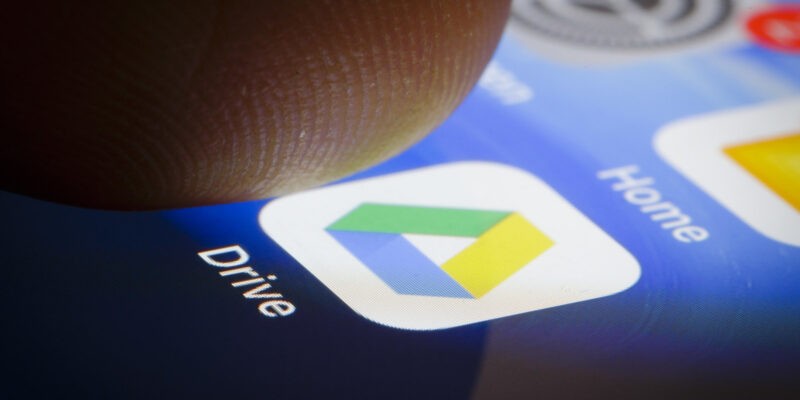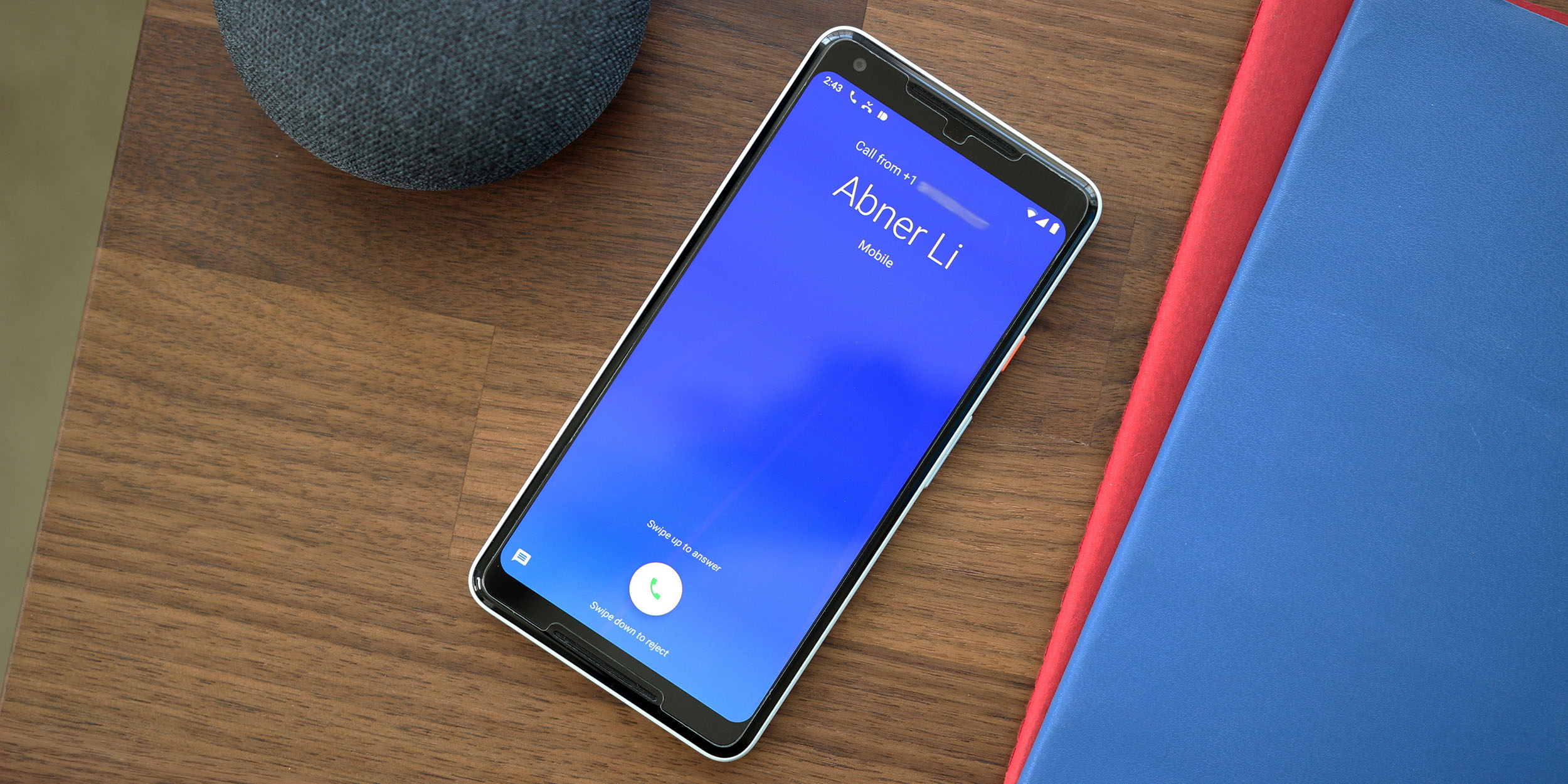


But it contains a link which they'd like you to click on, for phishing purposes. It won't spy on other documents or interact with your computer. The document itself can't do much harm in your Drive. The purpose of the spammers sharing documents in Google Drive is the same as for the spam notifications mentioned earlier. Please note that files not owned by you won't appear in your Google Drive bin after deletion since this trash folder only contains your own deleted files. I tried to reproduce the bug and indeed files kept coming back in Google Docs in Chrome while being properly removed in Safari. But there's a little issue if you're using Chrome, a bug that's been reported in the Help forum. Your first reaction will be to right click on the file and REMOVE it. But there might also be files you don't recognize. Most files have been either shared by people you know or files accessed in the past (for instance some Google Docs shared in a blog article). If you want to check whether you've been victim of this other form of "sharing scam", head to Google Docs and filter the files by "not owned by me". There's also another form of "sharing" annoyance I'd like to share to conclude this piece: random files landing in your Google Docs. Spammers sharing documents in Google Drive

You can also report the event to Google and share your experience on the Google Drive Help forum. This will open a small popup window where you can verify the email id. Now right click on the spam file and select Block email IDs of 'users' '. In gmail, mark the email as spam, which will help fine tune Google's spam filter. first open google drive and go to the share with me tab in the left sidebar where you'll find files that other people shared with you. What should you do if you receive a Google Drive spam notification? What they want you to do (but most people won't go that far, fortunately) is click on a link contained in that document, which leads you directly to a phishing site, which they call a "secure site". To the extent of my knowledge, hackers can't do much if you simply open the Google document, due to the built-in security measures inside of Google Drive. The Google document mentioned in the email is by itself harmless.

Google Drive Spam Notifications Why do spammers send out Google Docs notifications? This latest trick, spamming random users with Google Drive mentions, has been reported on the Support Forum. The same kind of spam happens in Google Calendar, as reported by this article in July 2019. Spammers are actually leveraging Google's notification system to distribute their messages. Google Docs / Sheets / Presentation Spam Header, 100% legit Well, because it is, it's an email from Google. However, if you take a closer look at the header of the email, it seems legit. If you see inaccuracies in our content, please report the mistake via this form.You may have received a strange notification in gmail or via your Google Drive application telling you that you've been mentioned in a comment or something similar.īut the document itself doesn't ring any bell. If we have made an error or published misleading information, we will correct or clarify the article. Our editors thoroughly review and fact-check every article to ensure that our content meets the highest standards. Our goal is to deliver the most accurate information and the most knowledgeable advice possible in order to help you make smarter buying decisions on tech gear and a wide array of products and services. ZDNET's editorial team writes on behalf of you, our reader. Indeed, we follow strict guidelines that ensure our editorial content is never influenced by advertisers. Neither ZDNET nor the author are compensated for these independent reviews. This helps support our work, but does not affect what we cover or how, and it does not affect the price you pay. When you click through from our site to a retailer and buy a product or service, we may earn affiliate commissions. And we pore over customer reviews to find out what matters to real people who already own and use the products and services we’re assessing. We gather data from the best available sources, including vendor and retailer listings as well as other relevant and independent reviews sites. ZDNET's recommendations are based on many hours of testing, research, and comparison shopping.


 0 kommentar(er)
0 kommentar(er)
